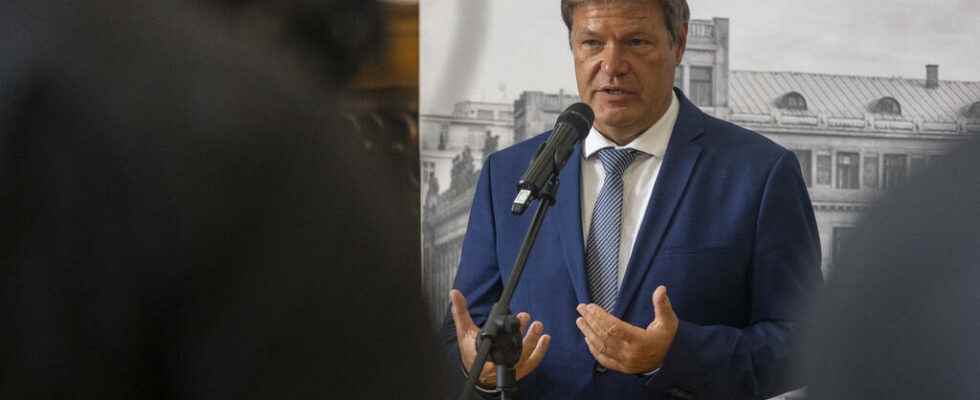After five days of heated debate, the Member States of the European Union have agreed to reduce their gas consumption by 15%. The text includes exceptions for certain countries. But the goal is to save gas in preparation for winter to help the most dependent countries, especially Germany.
With our correspondent in Berlin, Violette Bonnebas
It is the relief which dominates in Berlin, where one salutes the “European solidarity”. In the event of a “risk of serious shortage” – in other words, if Russia completely closes the gas tap – Germany will be able to count on the reserves of its neighbors to continue to heat its population and, above all, to run its factories.
Because therein lies the whole problem: Europe’s leading economy is very gas-intensive. It consumes 90 billion cubic meters per year, more than double that of France. This gas is essential to a sector in particular: chemicals. An eminently strategic sector because it irrigates all the rest of the industry. Shutting it down could cause a snowball effect across the continent.
The Europeans therefore flew to the aid of Germany. For his part, German Economy Minister Robert Habeck made a sort of my culparecognizing that his country “ had made a strategic mistake in the past by making himself dependent on Moscow. Berlin still gets 26% of its gas from Russia, compared to 55% before the war in Ukraine.
► Read also European Union: agreement of the 27 to reduce gas consumption by 15%
